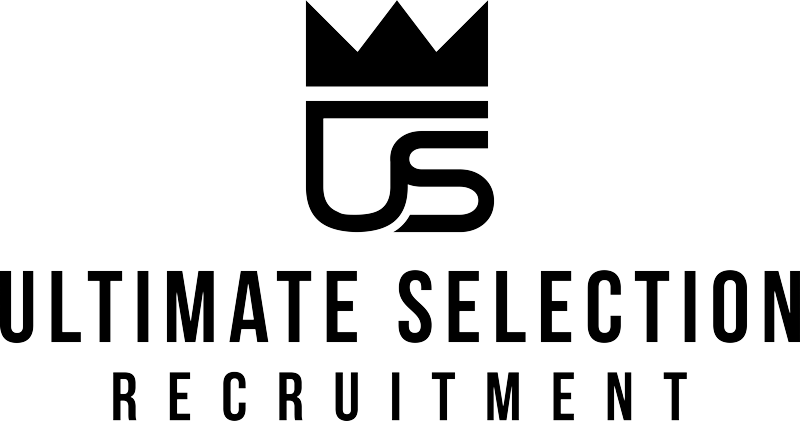
8 Things To Ask an Employer During the Interview Process
When applying for a new job, leaving a good first impression and having a chance to prove yourself in the best way possible is the number one priority. So, being open to any employer questions about your potential position requires preparation, quick thinking, and a positive attitude.
During the whole interview process, while answering questions the employer has for you, there need to be a few moments to introduce your resume — one of the vital factors towards getting any job. So make sure your resume is top-notch. But if in doubt, there are ways to make it as good as possible, like hiring a resume editor to review it with you to help you present your work experience, education and accomplishments.
However, in every job interview, there comes a time at the end of the process when the interviewer wants to know if you have any questions. This part of the interview is often overlooked but extremely important. Asking the employer questions that are well thought out might spark interest and even boost your chances of getting the job.
But also, for you to shine in this final step of the interview process, there are some things to keep in mind, like respecting the employer’s time, ensuring you are well-prepared, and maintaining your ideas and inquiries.
Of course, it is important that you take your time to brainstorm some ideas of what kind of things you could ask an employer at the end of your interview, so this article might give you a good head start.
Here are some questions that can help you get the most out of your job interview.
1) What Is the Company’s Dynamic and Culture Like?
Asking questions about the company shows interest and curiosity about your potential work environment. For the employer, this indicates that you are attentive to your potential position and are interested in how the company sees itself and its employees.
This question can also give you a good insight into what kind of surroundings you would be working in if you were to take the job. Asking about the company’s values, standards, and traditions could give you a better understanding of the company and the job itself, which can ultimately mean that you are a good fit for the organisation.
2) How Do You View the Future of the Company?
Focusing on the present is always essential, but sparking up a question or questions about the future of the company can give you an insight into its current progress and what plans it has for the future. This can also provide a general perspective on job security. Asking about the company’s future is a sign of genuine interest and shows that you are willing to commit to helping the company to advance, grow and succeed.
3) What Opportunities Are Available for Career Growth?
Many employers offer opportunities for enhancing your professional personas, such as continuing education and training, mentorship programs and leadership development. Asking about these opportunities during a job interview gives you a perspective on whether or how the company is committed to helping its employees grow and advance in their careers. In addition, learning about development opportunities is a great way to motivate yourself toward achieving your long-term career goals.
4) What Are Your Expectations for This Role?
This is a common but rather great question to ask an employer when applying for a job. The answer will give you a general idea of what the employer and company expect from you and how your skills can contribute to the company’s agenda. In addition, when you know the employer’s expectations, you have time to think things through to avoid unpleasant surprises.
5) What Do You Like and Enjoy About Your Profession?
Since it is a personal question, some might think it doesn’t serve its purpose in a job interview. But, quite contrarily, it is a question any reasonable employer would be happy to answer. You could learn a lot from the employer’s response on a personal and professional level.
Asking a question like this signifies to the employer that you are in tune with your life values and equally invested in the company’s core, main idea, and how it progresses over time. In addition, getting an answer to this type of question can give you a deeper understanding of your place in a company that is also a community.
6) Can You Tell Me Something About the Team I Will Be Working With?
This will help you interpret the work ethic and the social and cultural dynamics of the people you might be working with. These things are essential to know and preserve as the team is a group of individuals working together towards a common goal. Each team member has strengths and weaknesses, making it essential for the team to work together harmoniously and smoothly. Learning about this can give you a sense of how you could see yourself in this setting and how you can contribute.
7) How is the company structured?
One of many daily tasks a company faces is operating and engaging in a business. For example, the management style can tell you a lot about the company’s structure and fluency. In addition, the company’s structure determines how it handles challenges and changes throughout time. Knowing these things can give you a heads-up about your place in the company and how your position ‘breathes’ in certain situations.
8) Is There Any Other Information I Could Provide You With?
This question is one of the closing questions you could ask at the very end of the interview. This lets the employer know you still want to know if they need any other information and that you are interested in the employer’s overview of the interview process. Asking this question also opens doors for further conversation or can help you end the interview on a good, observational note.
Final thoughts
Job interviews are essential and open many new and different opportunities. But you should use them wisely to make the most of them. They are a great chance to prove yourself, show your skills and abilities, and see whether you are a good fit for the job and vice versa!
Asking questions at the end of the interview is a sign of preparation and composure, so don’t hesitate to write them down instead of just storing them inside your head. Think through what you want to ask and ensure that your questions reflect your genuine interests. Lastly, respect the time you have been given for the interview.
